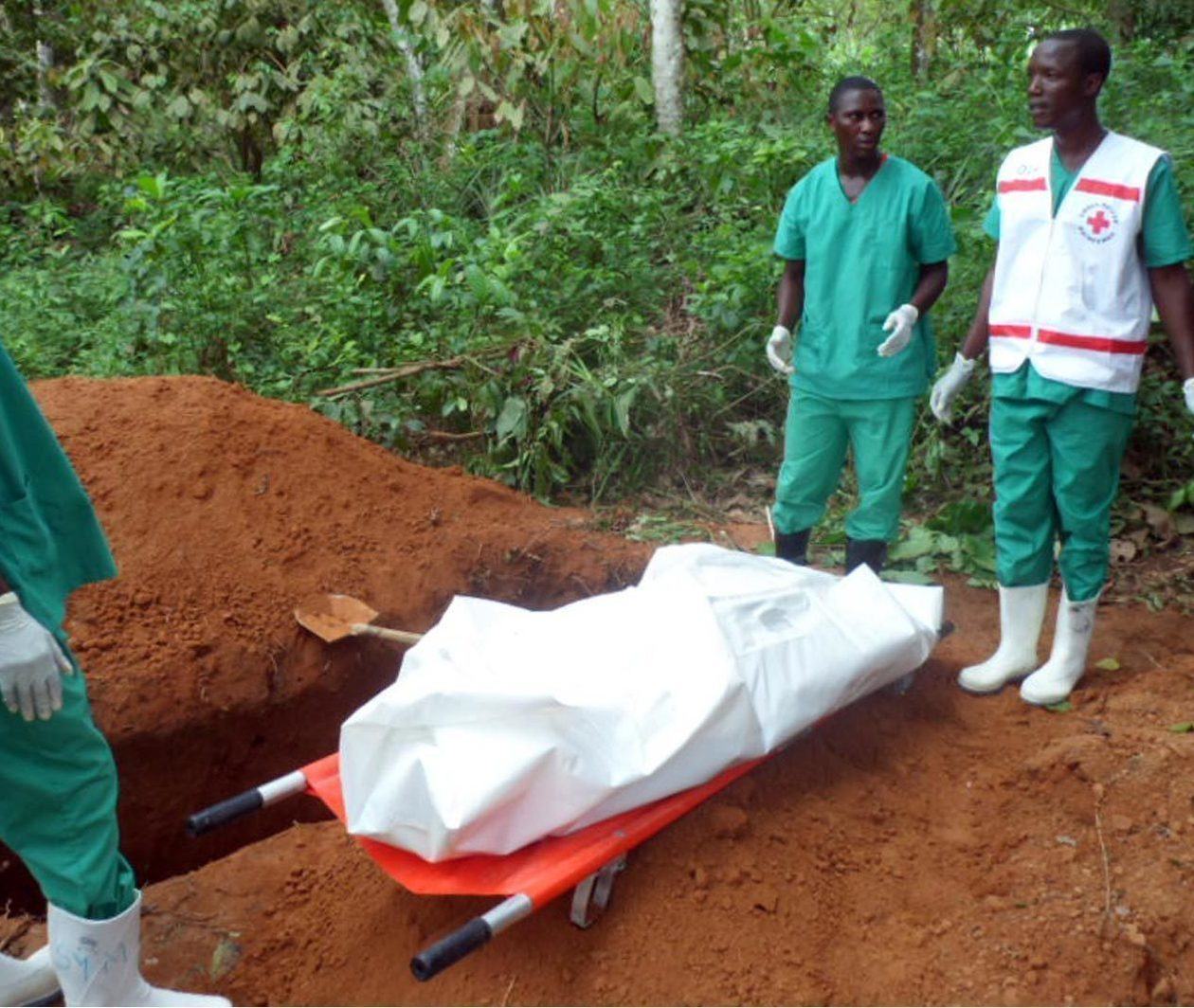
Duration
3 weeksWeekly study
4 hours
Ebola in Context: Understanding Transmission, Response and Control
Other courses you might like
This course isn't running right now. We can email you when it starts again, or check out these other courses you might like.
Browse more in Healthcare & Medicine and Science, Engineering & Maths
In 2014, Ebola went from a scarcely known virus to the subject of daily news reports. The epidemic in West Africa has quickly surpassed all previous outbreaks, to become an unprecedented humanitarian crisis.
Understand the science behind the Ebola outbreak
In this free online course, we’ll look at the science behind the Ebola outbreak, to understand why it has occurred on this scale and how it can be controlled.
Over three weeks, we’ll explore the principles of infectious disease transmission and the social context of the Ebola epidemic.
We’ll look at treatment and control measures - from those already in place to those planned - and the challenges of implementation and innovation in an emergency.
Learn from multiple perspectives
The course is taught by experts from a range of disciplines, including infectious disease epidemiology, anthropology, medicine and public health. Contributors include Professor Peter Piot: Director of the London School of Hygiene & Tropical Medicine, co-discoverer of the Ebola virus and Chair of the World Health Organization’s (WHO) scientific committee on Ebola; and Professor David Heymann: Co-Chair of the WHO Director General’s advisory group on the Ebola response and Chair of Public Health England.
Hear from those on the front line in Africa
The course will include first-hand accounts and interviews with those who are at the front line of the response in Africa, as well as short lectures, exercises, videos and links to further reading.
Throughout, you’ll be able to discuss the Ebola outbreak with other learners from around the world.
Photo by ©EC/ECHO/Jean-Louis Mosser.
Learning on this course
On every step of the course you can meet other learners, share your ideas and join in with active discussions in the comments.
Who is the course for?
This course is designed for healthcare professionals or anyone working in a health organisation; undergraduate students taking a healthcare or science-related degree; medical students and postgraduates wishing to complement their studies; and anyone else with a keen interest in the science behind Ebola.
For a more general overview of the virus, join Lancaster University’s course: Ebola: Symptoms, History and Origins.
Who will you learn with?
Judith Glynn is professor of infectious disease epidemiology at the London School of Hygiene & Tropical Medicine. She teaches epidemiology and outbreak investigation
Learning on FutureLearn
Your learning, your rules
- Courses are split into weeks, activities, and steps to help you keep track of your learning
- Learn through a mix of bite-sized videos, long- and short-form articles, audio, and practical activities
- Stay motivated by using the Progress page to keep track of your step completion and assessment scores
Join a global classroom
- Experience the power of social learning, and get inspired by an international network of learners
- Share ideas with your peers and course educators on every step of the course
- Join the conversation by reading, @ing, liking, bookmarking, and replying to comments from others
Map your progress
- As you work through the course, use notifications and the Progress page to guide your learning
- Whenever you’re ready, mark each step as complete, you’re in control
Want to know more about learning on FutureLearn? Using FutureLearn
Do you know someone who'd love this course? Tell them about it...
You can use the hashtag #FLebolaContext to talk about this course on social media.
